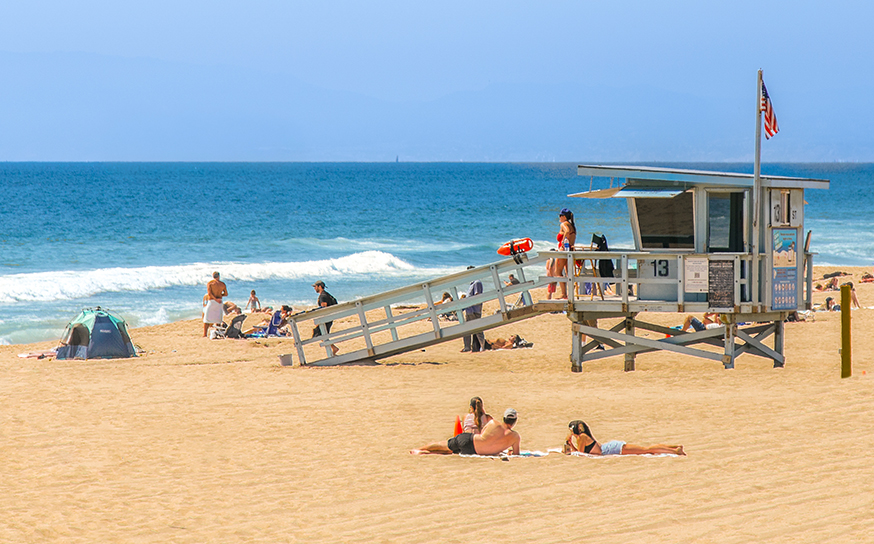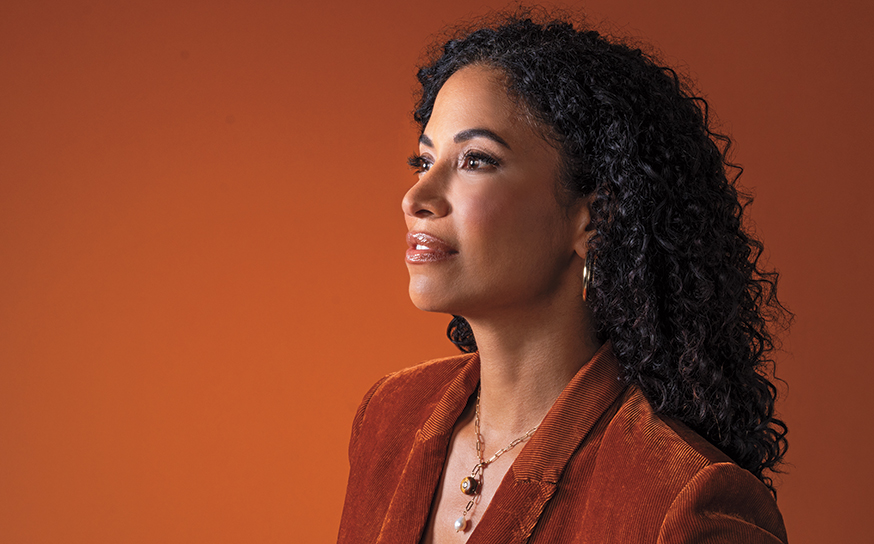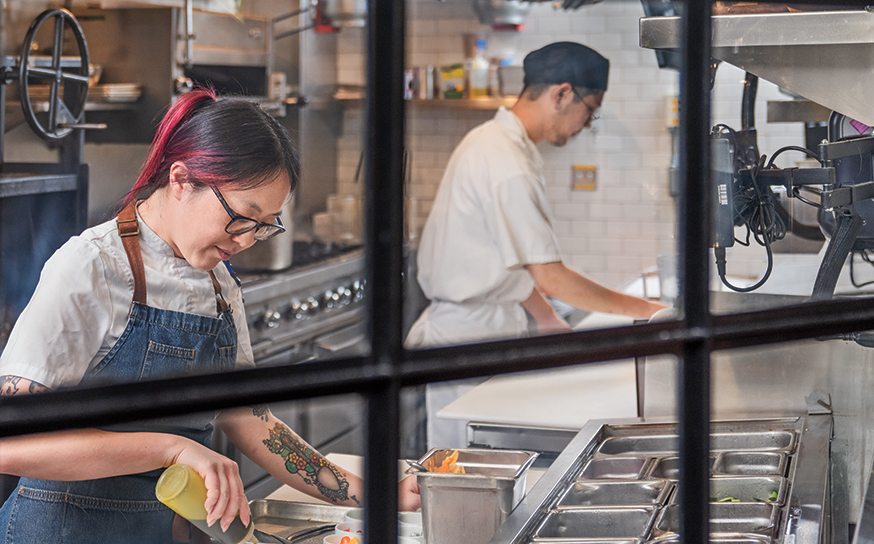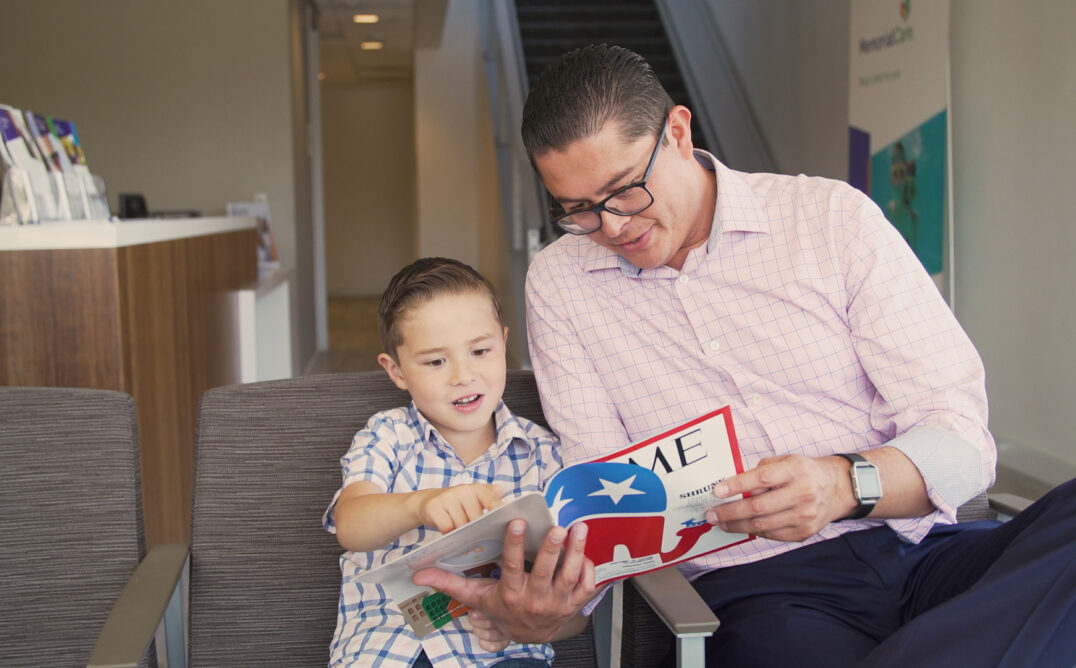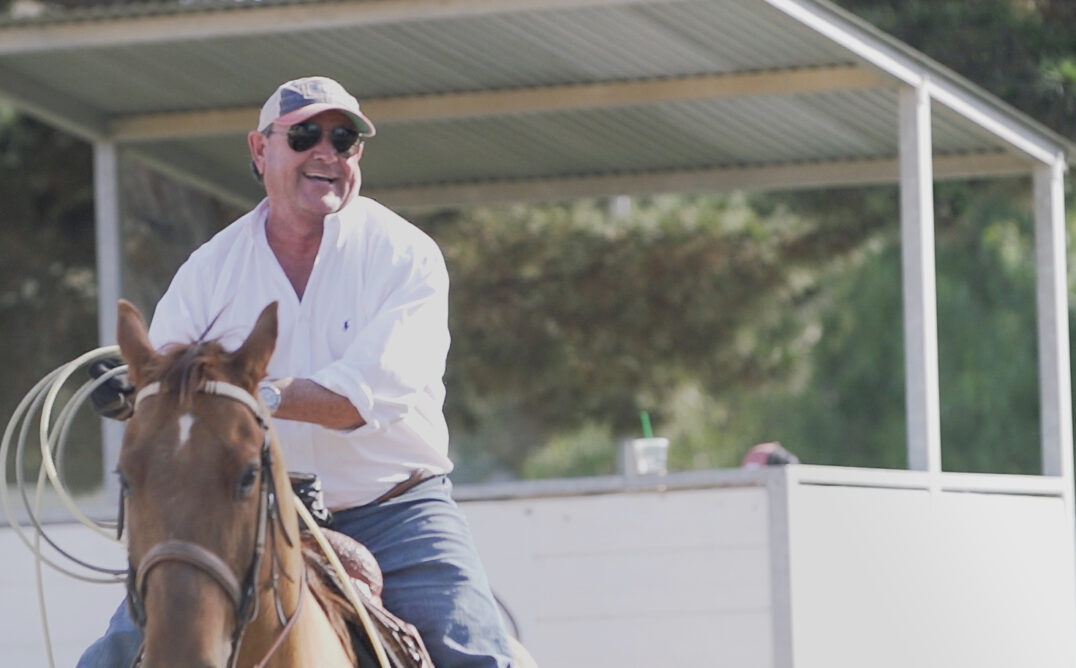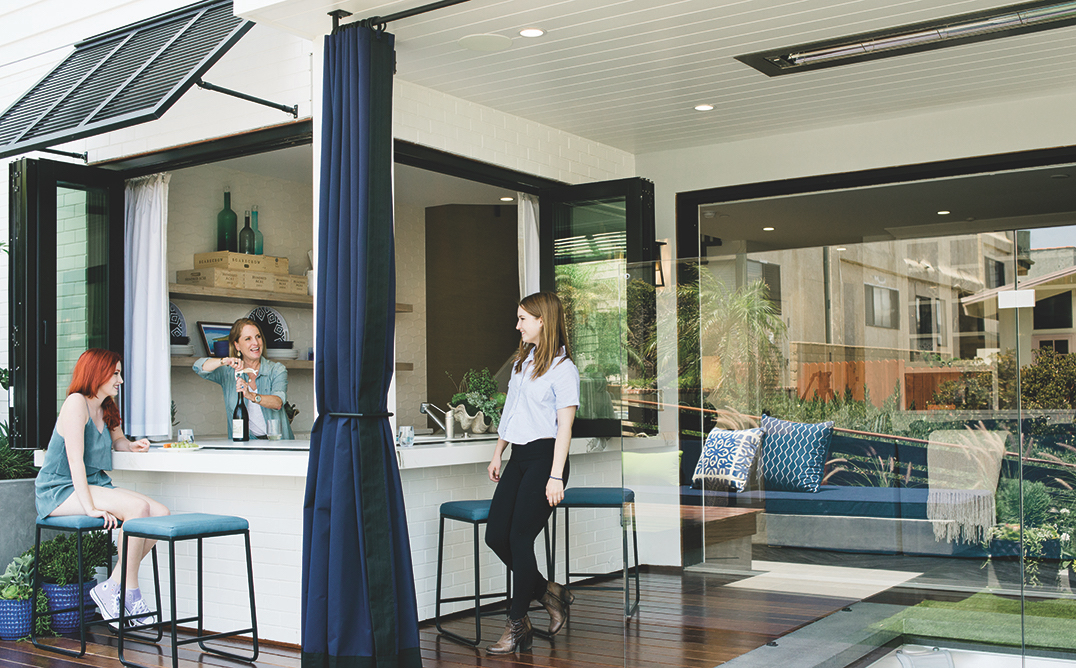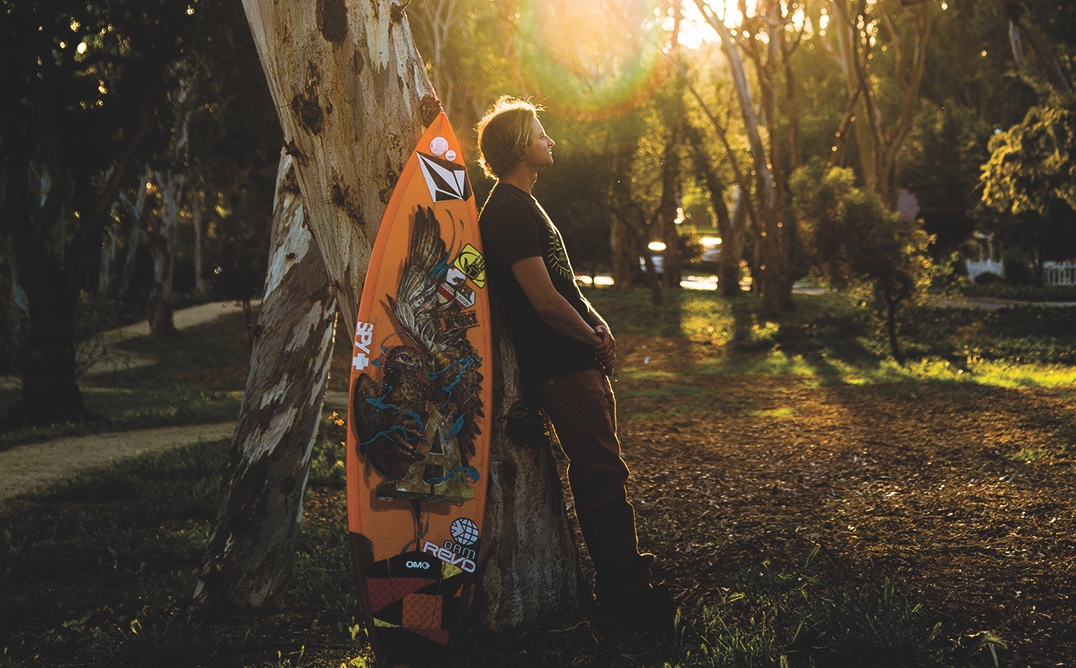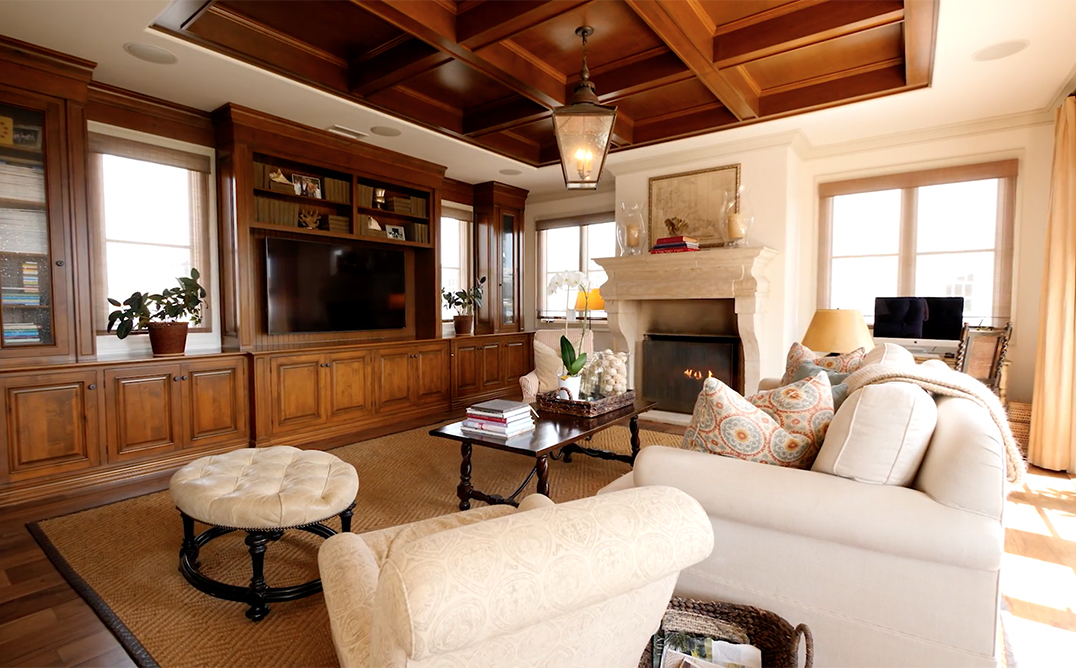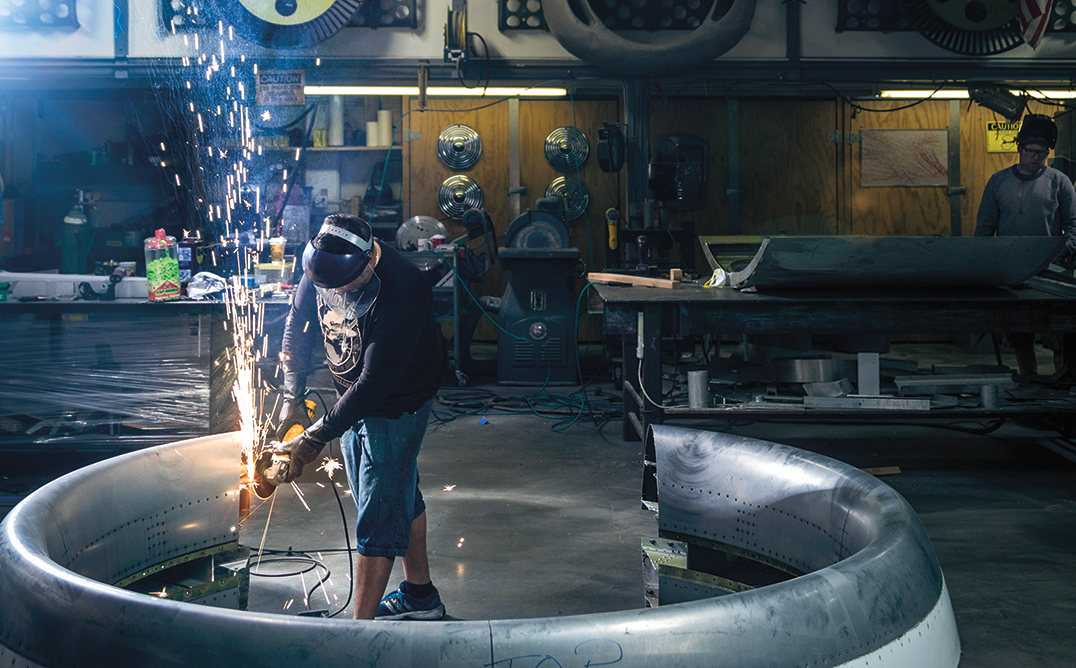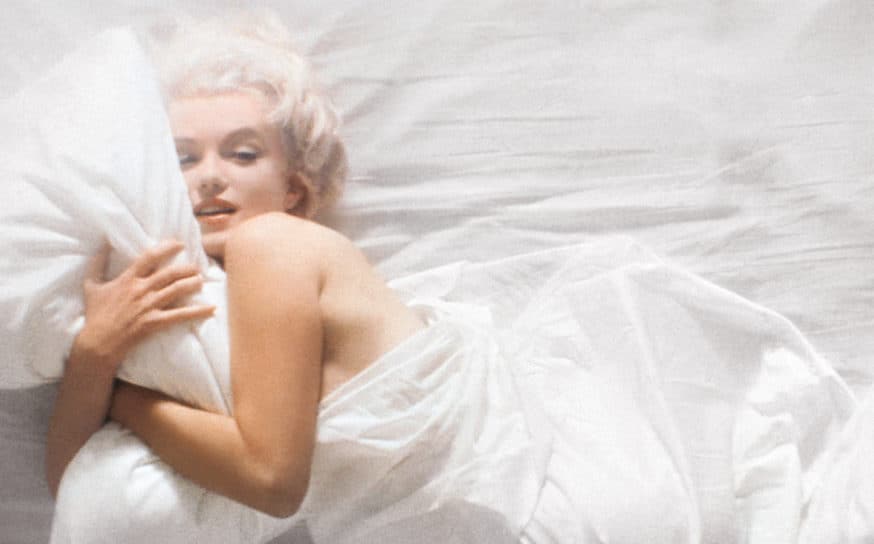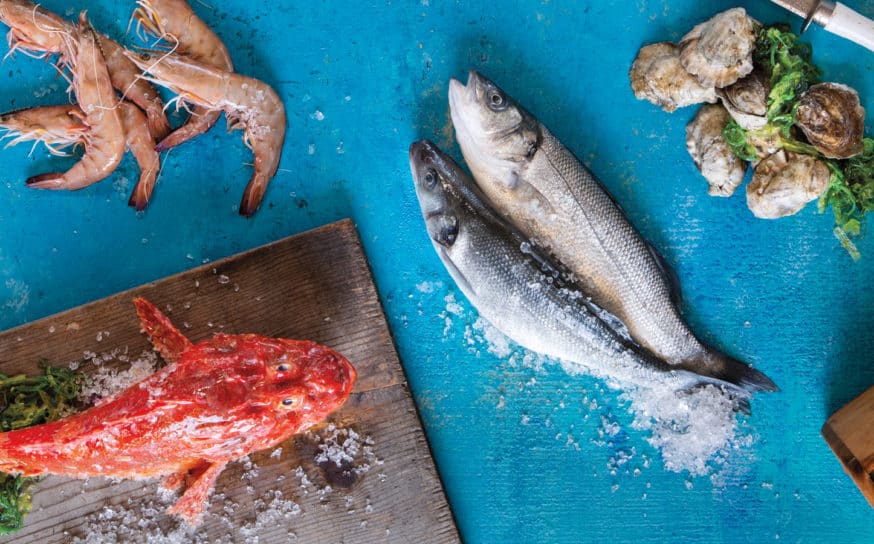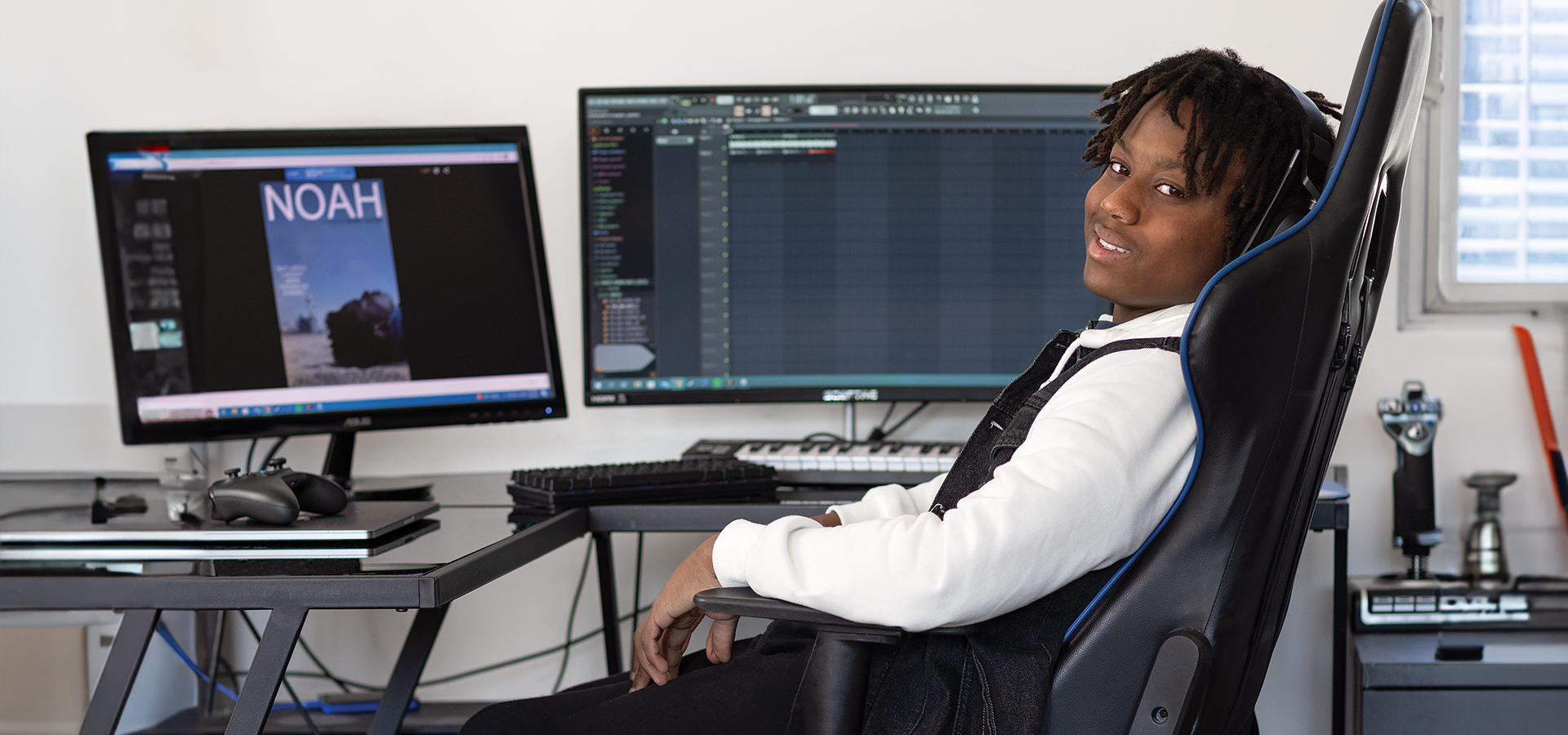
South Bay Teen Noah Francois Lends His Voice and Creates Greater Visibility
In all creation.
Let’s listen to Noah Francois. He is using his observations, experiences and artistic talents to grow into a man who takes action. In 2020 Noah spoke at the Pop the Bubble on Racism rally in Manhattan Beach. He was only 12 yet brought such strength to his narrative.
He collaborated with director Monty Marsh on the reflective short documentary NOAH, which depicts both Noah’s innocence and resolve to raise awareness about racism. The film calls us to notice his delicateness, his tender relationships with his loved ones and the world around him.
In one scene, we see Noah curled into the shoulder of his mother in a boat like a tiny bird under its mother’s wing. We are reminded that it is our job to offer protection, nurturing and safety to all children and particularly those most vulnerable.
As a Black teen growing up in the predominantly White community of Manhattan Beach, Noah naturally had an awareness of racial differences from an early age. When his mother first drew his attention to how he would need to be more prepared and cautious in certain situations—such as getting pulled over by police—something clicked for Noah. He realized life would be different for him than for many around him.
“I have to look out for stuff that my friends who are White don’t have to,” he says. “I have to be more thoughtful about what I am doing.”
“Becoming a man means coming into your own. Taking responsibility for your actions. Observing what the world needs and taking actions to fix it.”
His volunteer work with SoLa I CAN Foundation, providing programming for underserved communities in Los Angeles, allows him to take in how many advantages are available related to economic experience, race and access to education. He sees that a small community such as Manhattan Beach has great potential to evolve.
Noah sees his footing here as an opportunity to help others build understanding and allegiance. “This is such a tight-knit community that when you work to change something, it spreads quickly,” he says.
Noah has a group of friends with whom he feels at home and at ease. This diverse group of teens will be the subjects of his next film project. He will interview them about their experience of their racial and cultural identities against the backdrop of their beach community.
“As a teenager, I have insight into the social cogs of the world and how the gears turn,” he shares. “This has affected how I see things differently and how I view social situations. Seeing the effects of social media, how people live, what people do affects how they are. You don’t always get to hear both sides of a story, and it sways the social narrative.”
Noah has a drive to make music, create film and be a storyteller. Creators let us simmer and soak in ideas that allow us to expand, embrace and advocate. Something about the simplicity of Noah’s first documentary efficiently achieves this.
Whether he is participating in a protest, shooting a documentary or making music, he understands that he can make an impact. He can create art, create community, create change.
While Noah is still a few years from adulthood, he has a sense of what manhood means. His admiration for two of the men in his life—his father and his uncle—lies in their determination. While he identifies with his uncle’s creativity as a musician, his drive to complete and execute what he values is Noah’s greatest source of guidance.
“Becoming a man means coming into your own,” Noah says. “Taking responsibility for your actions. Observing what the world needs and taking actions to fix it.”
Hermosa Beach Chamber of Commerce and Visitors Bureau Shopping & Dining Guide
Hermosa Beach invites you to explore its charm. Discover unique shops, coastal dining and local favorites in this Shopping & Dining Guide—your passport to the South Bay’s beachside lifestyle.






